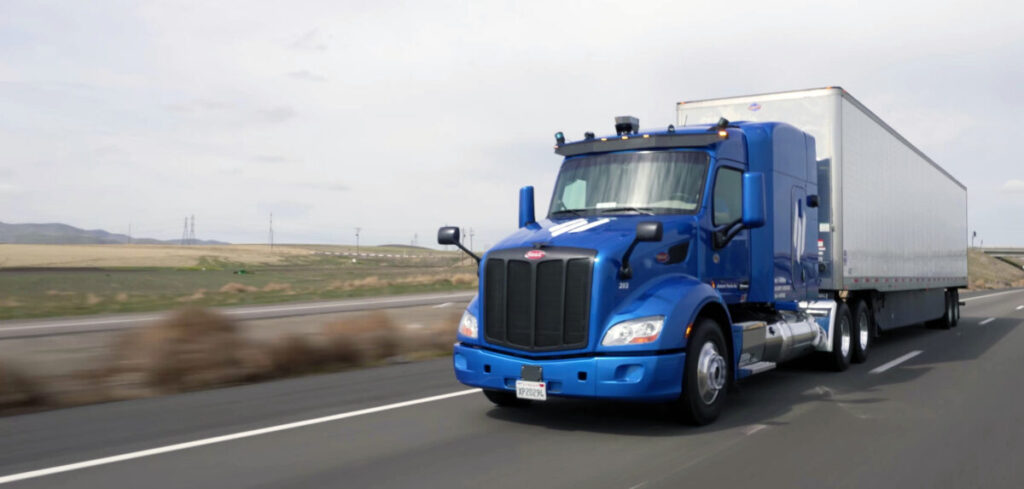Embark and the Arizona Department of Transportation (ADOT) have signed a memorandum of understanding to promote a safe interaction between highway work zones and automated vehicles in Arizona state.
Embark, a developer of automated driving systems (ADS) for commercial trucks, seeks to provide a solution to one of the biggest barriers to deployment of the technology in the state. The partnership marks the first time an ADS developer has worked with a government body to address AV deployment and roadway safety, with ADOT sharing the similar goal of keeping work zones and highway crews safe during operations.
As part of the MOU, both parties will share knowledge and data to support the continued navigation of highway work zones by AV trucks. The data, collected from Embark’s previous field operations, will provide the duo with feedback on issues such as infrastructure health, road design and the quality of publicly available work zone data. The ADS developer will also provide Arizona state officials with briefings to improve local awareness of AV technology. In return, ADOT is poised to share open-source data on current work zones to aid in safe navigation. Both parties say that they might share data and findings from the project with public-sector stakeholders to facilitate the safe deployment of AVs.
“ADOT is committed to supporting technological innovations that improve the safety of our highways. Work zone safety and automated vehicles are key examples of this commitment,” commented ADOT director, John Halikowski. “We are proud of the work ADOT has done so far in advancing work zone safety, and support the safe testing of autonomous vehicles. This collaboration with Embark creates the opportunity to combine those efforts. We look forward to the results of this effort and what lessons can be applied across the state.”
Embarks aims to operate automated trucks only on limited-access highways and short off-highway segments to distribution hubs, as these environments are more predictable than urban ones. Despite this, both parties say that work zones will be the most common challenge an AV commercial vehicle will face, and one that needs to be overcome before automated deployment is possible.
The Embark truck utilizes a sensors-first architecture and relies less on static maps when detecting and reacting to lane closures and other changes on the road ahead, similar to the behavior of a human driver. This enables the vehicle to react safely and effectively when unforeseen situations arise.
“Safely navigating work zones is an important requisite for any driver, including autonomous trucks. By working with ADOT, we’ve accelerated our ability to understand and safely navigate corner cases, moving us closer to our goal of deploying autonomous trucks. We are excited that our system’s ability to read signs, respond to traffic control devices and detect workers, combined with its ‘always-on’ state that never gets fatigued or distracted, can be an important contributor to road safety in Arizona,” said Brandon Moak, Embark co-founder and chief technology officer.


